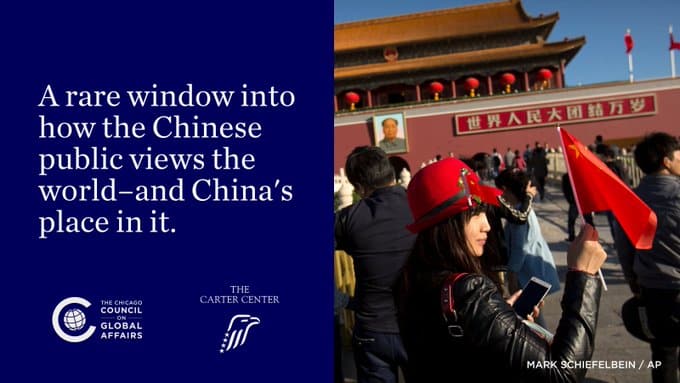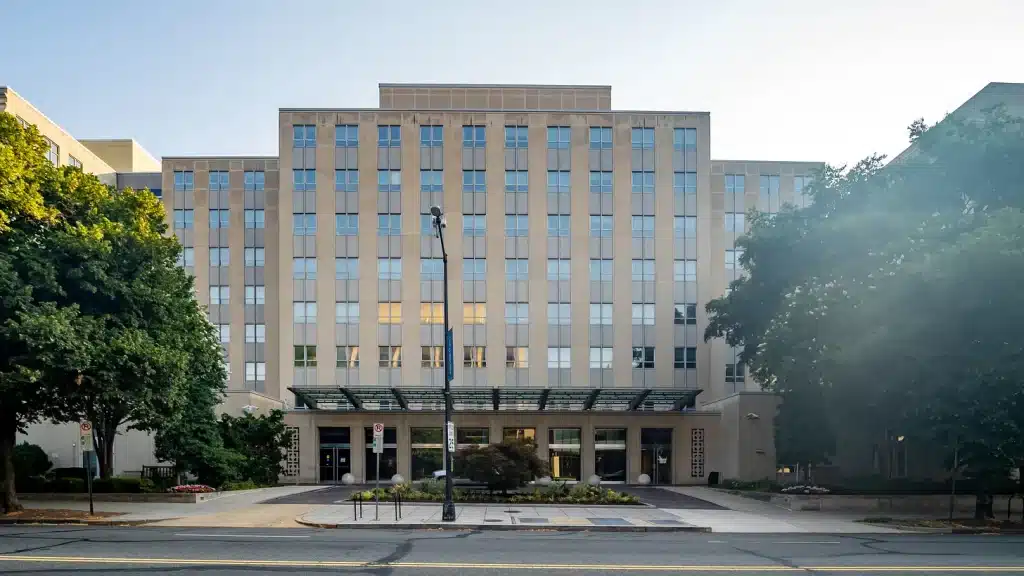Exclusive: Robert Zoellick: “No hard landing, but expect a bumpy deceleration”
On May 21, the Center for Strategic and International Studies (CSIS) held a panel discussion to publicize the release of their report on the Chinese Communist Party’s 13th Five Year Plan. The event sought to communicate the findings of the report on the Five Year Plan and put those findings into contexts of ongoing developments in China. CSIS invited Robert Zoellick, former President of the World Bank and U.S. Deputy Secretary of State, to give the keynote address for the event and put the Five Year Plan into context of current developments in China.
To Zoellick, the 13th Five Year Plan is part of Beijing’s attempt to deal with an “unparalleled economic transition.” China’s economy is no longer able to maintain growth from the manufacturing-based, export led model that brought the country immense economic success for the last three decades. The Communist Party shows through the Five Year Plan they are cognizant that growth is slowing down, that their financial system is vulnerable to shocks like in July 2015 and January 2016, and that the government must be restructured in order to face these mounting challenges.
The Five Year Plan addresses the need to change from the export-led growth model to a consumer-driven growth model. The leadership is worried of the possibility of falling into a middle-income trap, especially as the GDP growth rate continues to slump. The 13th Five Year Plan aptly stresses the need for stimulating domestic demand, improving the services sector, and increasing production of consumer goods.
At the same time, the Five Year Plan stresses the need for a stronger role of the CCP in the markets. For his part, Zoellick is worried that the forces of the party are inherently opposed to the forces of reform. He believes President Xi Jinping thinks that only with a strong, consolidated Communist Party will China be able to continue to reform and develop.
In spite of China’s mounting challenges, Zoellick does not see China’s recent financial woes as a sign of a coming “hard landing,” rather a bump in the road to decreasing growth. He believes that China today possesses the resources to deal with January’s market disruption. He is more worried about the long-term. Government officials need to restructure the economy to make gains from lending, spending, and employment rather than old loans. More and more Chinese private sector firms are interested in investing abroad. In the United States, Chinese companies committed $15 billion in foreign direct investment, compared to just under $700 million in 2009, as reported by the Rhodium Group.
Ultimately, Zoellick has a vision of a maturing leadership in China. He stressed the fundamental urgency that Chinese leaders have to take towards domestic politics. He stressed that the China of only thirty years ago was a world different than the China of today. Chinese leaders, most of whom are still old enough to remember the turmoil of he Cultural Revolution, intimately know what will happen if they implement policies that hurt economic growth.
By ALEC NASH, 15 June 2016
For more information about the recent forum at CSIS, please visit: Perfecting China, Inc.: The 13th Five Year Plan








